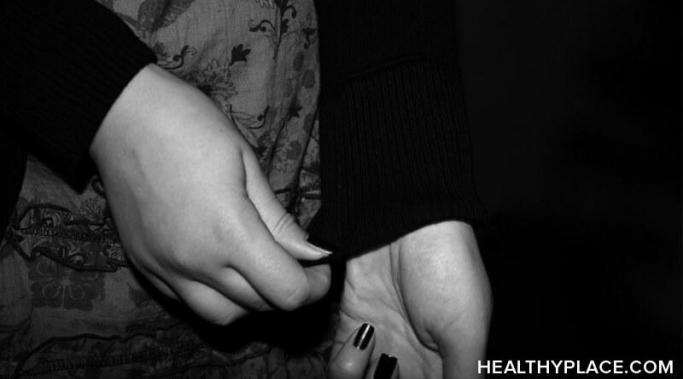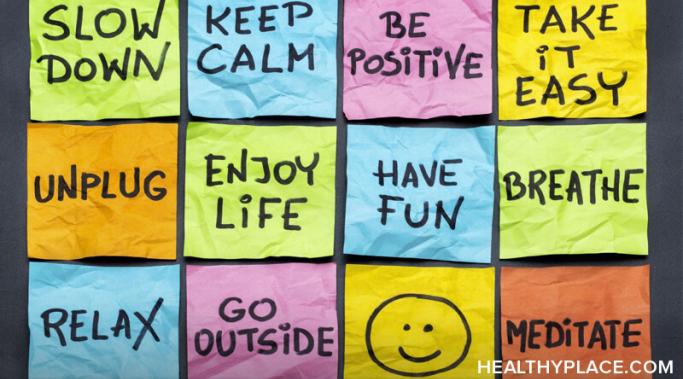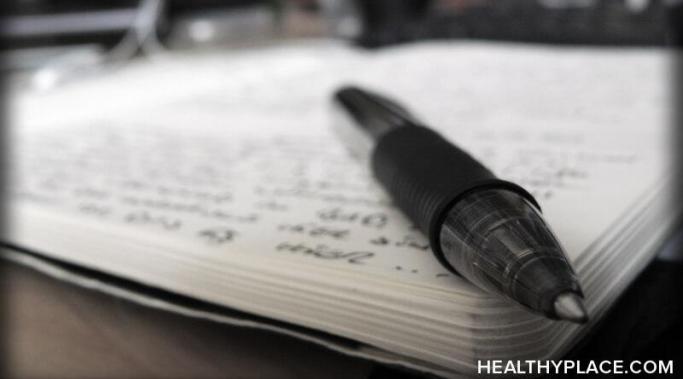It can be tempting to self-harm to escape from something you feel otherwise unable to cope with. It's not an uncommon trigger, one many of us struggle with frequently. But it is a temptation worth resisting; there are better ways to cope.
Speaking Out About Self Injury
If you carry the proof of your history of self-harm on your skin, you may have thought about what life would be like without those scars. But is self-harm scar removal surgery necessary?
It's hard to know when to ask for help—and, for many, the asking is hard, too. But for an issue as serious as self-harm, getting self-help can be a key stepping stone on the path to self-injury recovery.
Self-harm and dissociation, separately, can be scary things. Together, they can be a frightening and isolating experience, to say the least. Let's talk a little about what that's like, and how to cope.
Self-harm recovery, in many ways, begins with intent. In order to stop hurting yourself, you first have to make a conscious decision to do so. That's the first difficult step; the next is figuring out how to keep that resolution once you've made it.
In my experience, self-harm and self-hatred go hand in hand. The vicious cycle they create together can be tough to break—but with time, patience, and practice, self-injury recovery is possible.
If thoughts of self-injury keep popping up unbidden, it's natural to wonder: what do thoughts of hurting yourself mean?
For some people, self-harm recovery begins with a spark—an "aha" moment that completely changes their lives forever. For others, recovery begins gradually, one step at a time. In both cases, adopting the right self-harm reduction strategies can help reduce and prevent instances of self-injury, thereby promoting long-term recovery.
For some people, journaling can be a useful tool with which to process emotions and experiences related to self-injury and recovery. These tips for keeping a self-harm diary will help you create a helpful habit that you can use to support your healing process.
A self-harm tracker can be a useful tool in helping you begin the recovery process and maintain a self-harm sober streak over the long term. Let's take a look at how you can use a self-harm tracker in your own recovery journey and what information you might want to include in your own version.








